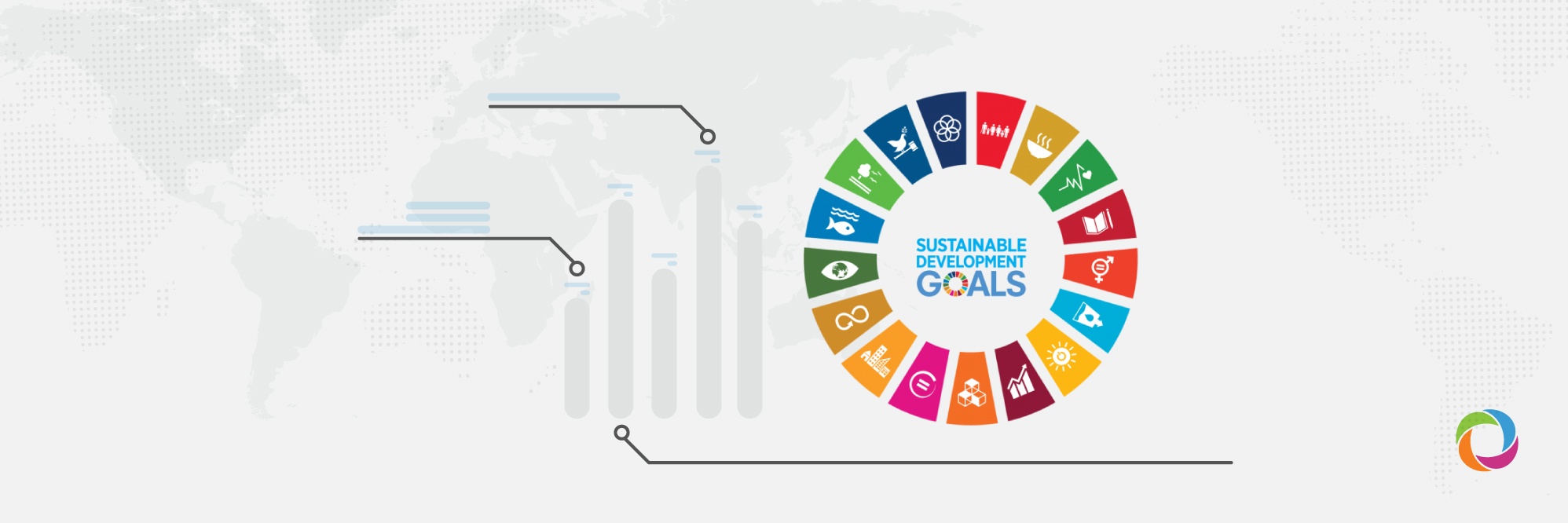Keeping pace with the 2030 Agenda in relation to achieving the Sustainable Development Goals (SDGs) was not an easy task before the pandemic even for developed countries, and the EU was no exception. COVID-19 has made this path even more complicated thus putting pressure on those SDGs that have been the worst hit.
The available data enables an assessment of the impact of the pandemic on only certain areas (health, economy, labor market, energy). However, given the interconnected nature of the SDGs, it is possible to discern an approximate trend for the remaining SDGs. The 2021 edition of the monitoring report on progress towards the SDGs in the EU, which is summed up below, is more than eloquent in this respect.
Overview
The immediate and most negative consequences of the pandemic relate to health risks and increased mortality. Attempts to contain the spread of the coronavirus through lockdown measures had a negative effect on the EU’s economy as companies were forced to at least partly halt their operations. This, in its turn, negatively affected less well-off groups as well as the labor market with young people being the worst hit.
On the other hand, the energy sector witnessed some positive trends such as less energy being consumed and lower gas emissions. However, the report’s authors do not rule out that these may only be short-term improvements.
Find the DevelopmentAid’s analysis of the “Monitoring report on progress towards the SDGs in an EU context” here.

